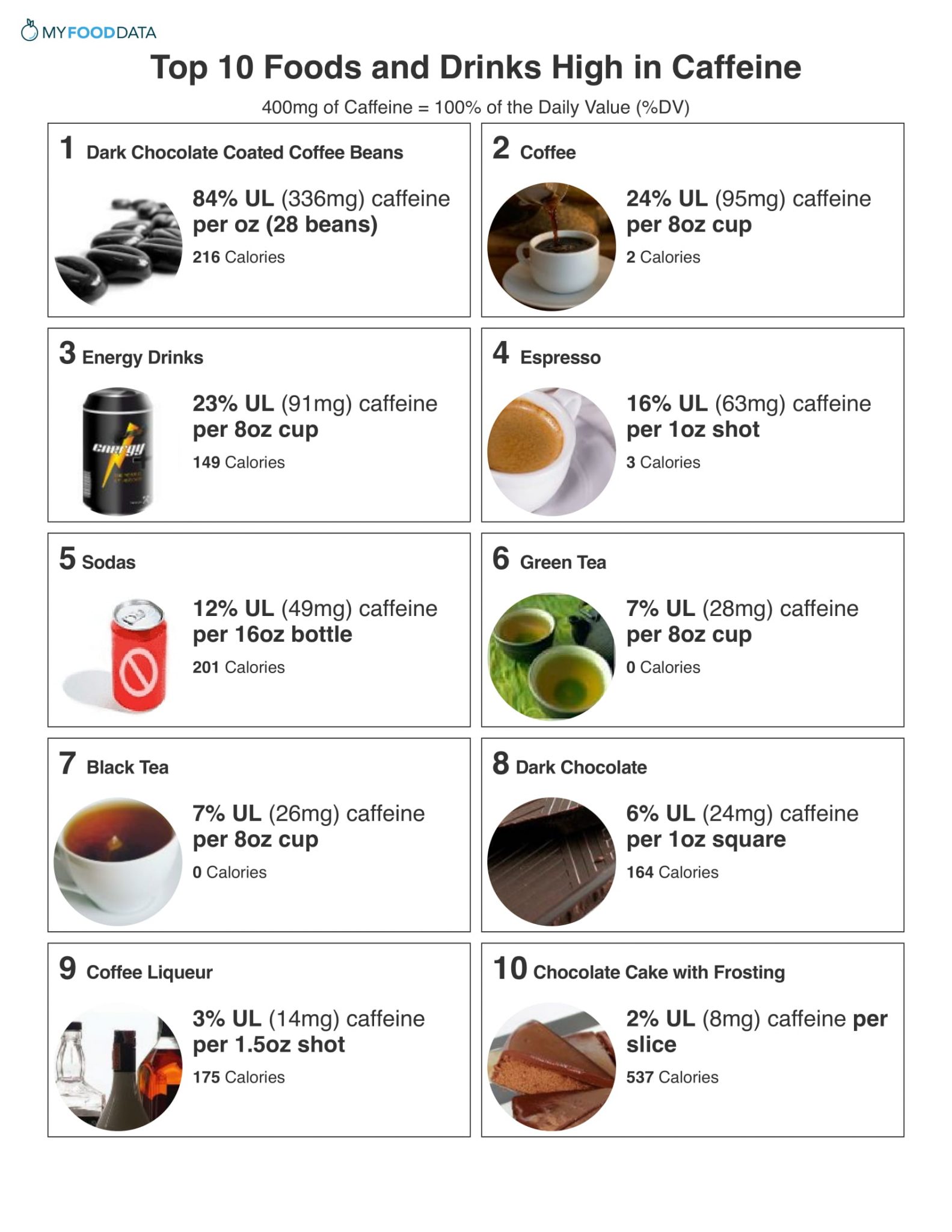


Benefits and risks of caffeine and caffeinated beverages. Department of Agriculture, Agricultural Research Service. Trends in caffeine intake among US children and adolescents. In: Academy of Nutrition and Dietetics Complete Food and Nutrition Guide. Department of Health and Human Services and U.S. can of Red Bull Energy Drink is about the same amount as in a cup of home brewed coffee. 2015-2020 Dietary Guidelines for Americans. Did you know The 80 mg of caffeine contained in one 8.4 fl.Spilling the beans: How much caffeine is too much.Is your kid over-caffeinated? Academy of Nutrition and Dietetics.Coffee, caffeine, and health outcomes: An umbrella review. While Red Bull has a total of 110 calories per serving, which isn’t a lot, but considering that. The amount of caffeine is 113.5 mg per 12 fl oz. Journal of the American Academy of Nutrition and Dietetics. The right amount will help them in the right way The amount of caffeine in a 12-ounce can is 111 mg per can, while an 8-ounce Red Bull contains 80 mg of caffeine, less than a standard cup of coffee. adults based on the NHANES 2007-2012 surveys. Daily patterns of caffeine intake and the association of intake with multiple sociodemographic and lifestyle factors in U.S. The authoritative record of NPR’s programming is the audio record. This text may not be in its final form and may be updated or revised in the future. NPR transcripts are created on a rush deadline by an NPR contractor. Visit our website terms of use and permissions pages at for further information. In a statement, a company spokesperson says the caffeine in it is, quote-unquote, "comparable" to other energy drinks and that PRIME welcomes discussions with the FDA on industry changes the agency might feel are, quote, "necessary in order to protect consumers," unquote.Ĭopyright © 2023 NPR. MARTIN: I want to mention here that PRIME energy drink is labeled as, quote, "not recommended for children under 18," unquote. Now pediatricians say social media fuels interest and demand, and many teenagers have little awareness of the risks. But they're not legally required to put the total content of caffeine on the package.ĪUBREY: There's long been efforts to change this, going back to at least 2011, when researchers identified more than 20,000 E.R. But Aviva Musicus of the Center for Science in the Public Interest says they don't have to say how much caffeine a drink contains.ĪVIVA MUSICUS: So it has to be in the ingredients list if it is an ingredient. But the energy drink PRIME has double that amount, about 200 milligrams in a 12-ounce serving, which is a little less than a Starbucks coffee of the same size.īENJAMIN: For you and me and the average parent or college-age kid out there, I think that's, you know, perfectly normal and reasonable.ĪUBREY: But for kids and teens not acclimated, that amount of caffeine can lead to unexpected side effects beyond just that feeling of a pick-me-up.īENJAMIN: When it crosses over into jitteriness, nervousness, anxiety, heart beating too fast, even headaches, that can start to be of more concern.ĪUBREY: Food and beverage manufacturers do list caffeine on ingredient labels. HOLLY BENJAMIN: I do think parents are unaware of the actual caffeine content or that they think that small amounts of caffeine are fine.ĪUBREY: The American Academy of Pediatrics recommends that kids under the age of 12 consume no caffeinated beverages, and over 12, a general guideline is a maximum of about 100 milligrams a day, the amount found in nearly three cans of Coke. Holly Benjamin, a pediatrician at the University of Chicago, says one of the problems with energy drinks is that it's hard to know how much caffeine and other stimulants they contain. The advertising campaign is targeted at kids under 18.ĪUBREY: Schumer has asked the FDA to investigate both the marketing and the caffeine content, pointing to potential health risks. It contains more caffeine than Red Bull.ĬHUCK SCHUMER: But unlike Red Bull, it is specifically targeted. Senator Schumer says one brand of energy drink called PRIME has become a status symbol promoted by social media influencers. NPR's Allison Aubrey has this report.ĪLLISON AUBREY, BYLINE: Teenagers may be a lot more caffeinated than their parents realize. The concern comes as Senator Chuck Schumer of New York, who's also the leader of the Senate Democratic majority, has asked the agency to investigate what he calls an eye-popping amount of caffeine in one brand that's become popular with kids. Pediatricians and other health experts say the FDA could do more to regulate caffeinated energy drinks and to make parents aware of the potential risks.


 0 kommentar(er)
0 kommentar(er)
